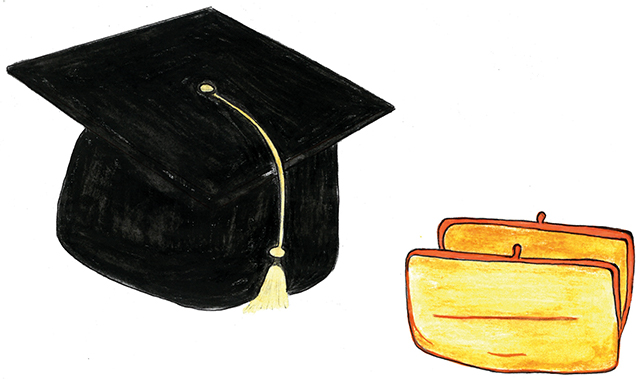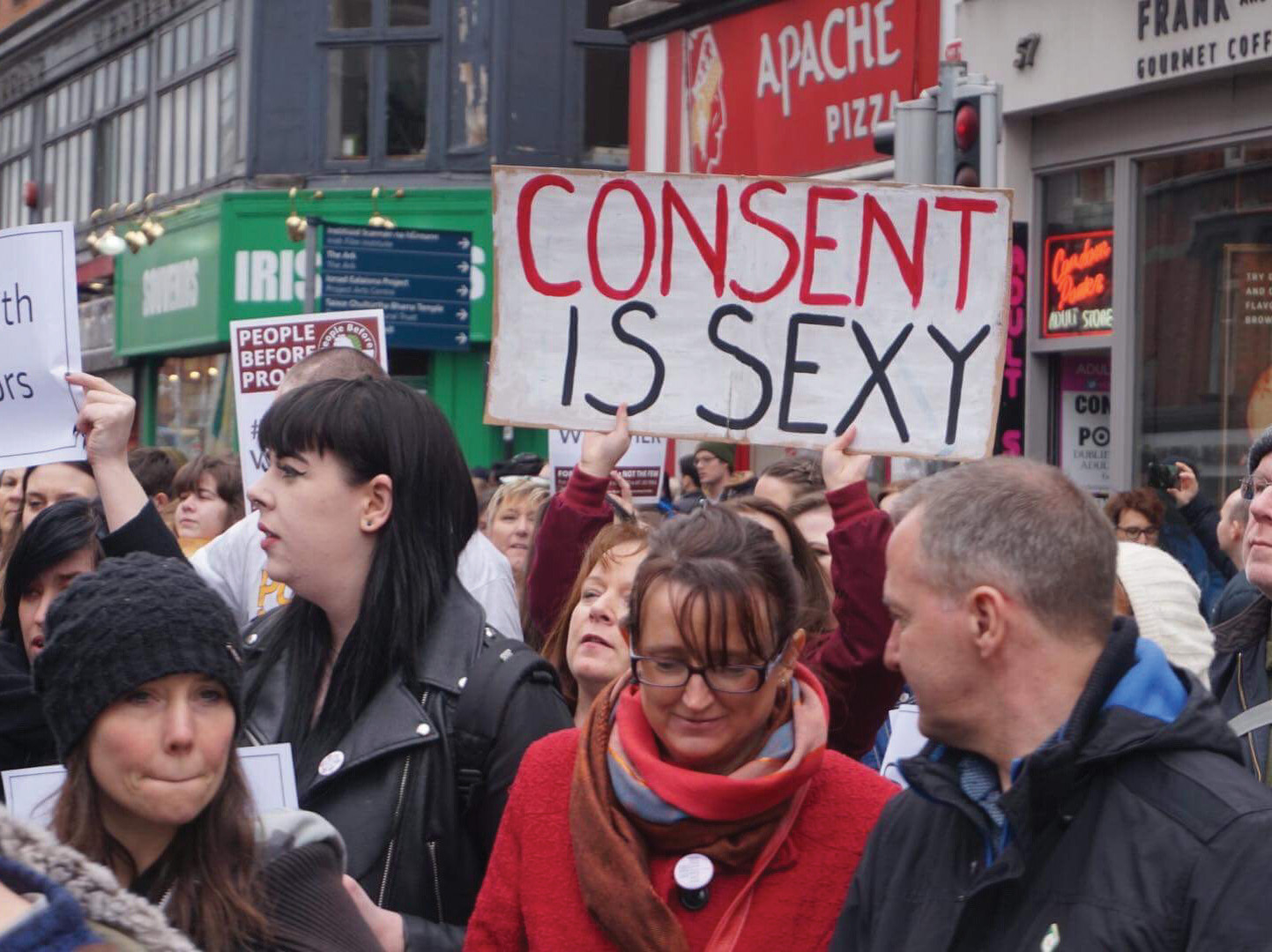
[dropcap]W[/dropcap]ith universities across the country falling in global rankings, Students’ Unions have not kept their displeasure at the lack of funding in higher level a secret. From larger class sizes to higher fees, inaccessible grants and lack of accommodation, third level students are finding it harder than ever to access a college education.
Many have felt that the lack of investment has led to Ireland’s falling ranks. Six of the eight top ranked Irish universities dropped places in this year’s QS World University Rankings, including DCU, who fell from 391st to 422nd globally. €10.8 billion was allocated to the Department of Education in this year’s budget, with €150 million of this going towards higher education with 3,500 additional undergraduate places being made available. However, the Irish University Association (IUA) has said that the investment only equates to €57 million in extra funding when prior commitments to national pay increases are taken into account.
“I think it was extremely disappointing but not surprising… We’re seeing a €57 million increase in the sector but, widely across the sector, it is being recognised that that is not enough to support universities and ITs. There is a huge gap now between what universities are able to provide with the money they have and what is needed and we see that reflected in things like the rankings,” said President of the USI, Síona Cahill.
“What we are seeing on the ground is increased student teacher ratios, we are seeing less support in terms of research and an increased number of postgraduate students in particular
taking on significant extra duties, like tutoring outside of their own research hours in order to get through their postgraduate.”
To supplement the lack of investment in higher level, many universities are seeking international students who’s higher fees bring more money into the university. “Trinity has made a very sustained effort to increase the amount of international students, who pay higher fees, to increase income from that revenue source,” said TCD Students’ Union President Shane De Rís.
There were 23,127 foreign students in publicly-funded colleges in 2017, up from 19,679 two years earlier, according to data from the Higher Education Authority. However, the increase in international students entering the Irish third level system means that many Irish students are missing out on the opportunity to access third level education in their own country.
“Increasingly, institutions are looking at international students and international student fees to significantly supplement the money they are bringing in to run their institution. My concern,
and my projection, is that an increased number of international students will not mean an increased number of places. I think what it may mean in the future is a closing of the doors of many domestic students in favour of international students because they are paying significant fees.
“A lack of places available is not the only reason why Irish universities are struggling. Applications to Dublin universities are becoming lower each year as many students can’t afford the cost of city living. Tens of thousands of students receive help with their college expenses through the SUSI grant system however, the grant has not risen in several years,” he added.
“We see that Susi grants have not risen since 2012, the facilities like student services, stuff like that are not funded enough to deal with demand and colleges can’t afford to provide accommodation for students at affordable prices for students,” said De Rís.
Despite Irish universities falling, Cahill believes that global rankings are not the best way to measure the performance of Irish universities. She said “a lot of it is self reported, so I would query the results of any of the university ranking systems in place because I think it is political, it’s self reported and is rarely peer reviewed”.
Callum Lavery
Image credit : Sabrine Donohoe



